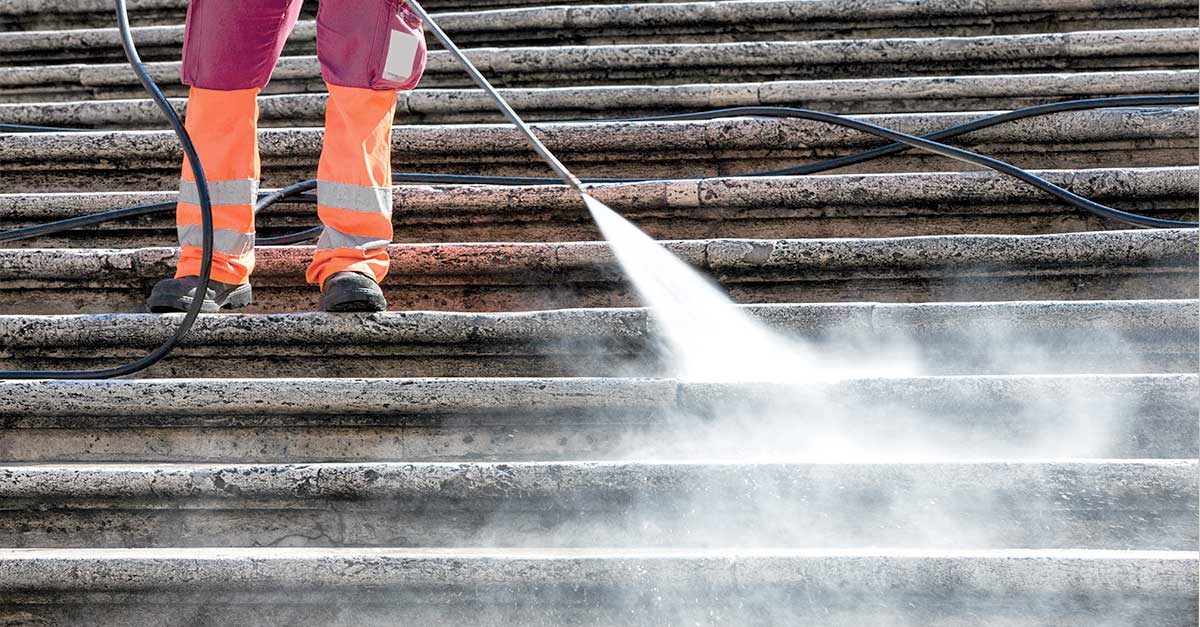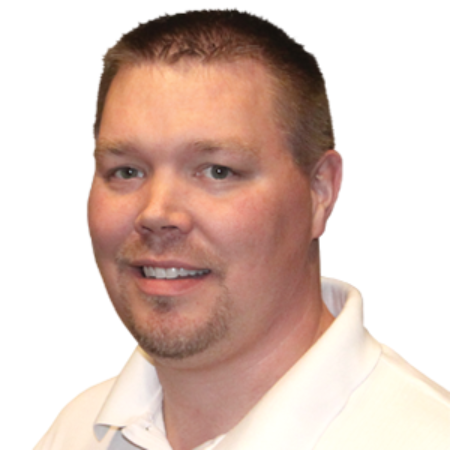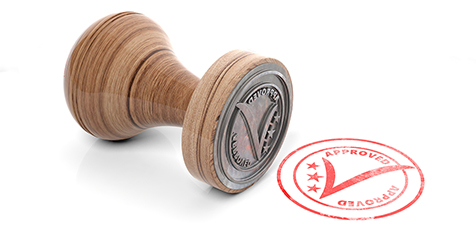Commercial pressure washers can be a significant investment, which is why finding the right one for your cleaning task is critical to the success of your cleaning regimen.
There are many different sizes and types of pressure washers, so choosing one can seem like a daunting task. In order to determine the proper features and product, you must ask yourself some preliminary questions, such as: How many pounds per square inch of pressure (PSI) do I want? How many gallons per minute (GPM) do I need? Would I prefer a gas or electric engine? Do I want to use hot or cold water? While personal preference is important, it’s extremely helpful to understand the advantages and disadvantages of each of these options.
Before Narrowing Down Your Options
Before selecting a pressure washer, you need to know what types of soils and surfaces you will be cleaning. As discussed in CMM’s June Maintenance Matters article, power washers turn a stream of water into a powerful jet of miniature droplets that impact the surfaces they touch at very high speeds. The impact of these water droplets against a surface dislodges dirt and flushes it away with the powerful flow of water.
If the soil is just dirt or dust on a sidewalk or similar surface, then any pressure washer will make a big difference, not only in the appearance of the surface, but also in the amount of time and effort the job takes. If the soil is heavy mud, often found on construction equipment, then you will need a larger unit to flush it away.
Consider Pressure and Speed
A typical commercial pressure washer uses 3.0 GPM or more and has a PSI of 1,500 or more. The higher the GPM and PSI, the faster the cleaning job will be complete. Thus, for a job with heavy, thick soil, a pressure washer that has a greater GPM and PSI will be far more effective and necessary. However, in the case of the previously discussed sidewalk situation, any pressure washer will be effective, and spending extra money on more GPM and PSI may not be imperative.
Electric or Gas
The next decision you must make is to choose whether an electric- or gas-driven unit is right for your operation. Gas-driven units are more portable, as they do not rely on a power outlet. However, you may want to consider the noise levels created by a gas-driven unit; gas units are inherently louder than electric ones. If high noise levels will be an issue for your facility, job, or situation, then an electric model may be the better choice. This provides electric units with an advantage if disturbing building occupants is a concern due to the cleaning schedule.
At the same time, there are some serious challenges that need to be considered when thinking about an electric unit. You must consider that it relies on a power outlet being in close proximity to every surface that needs washing. Additionally, the voltage of the nearby outlets will determine how large of a power washer you will be able to use. If the building has 120V (15A) outlets (the standard outlets used in America) on the exterior of the building, this will limit you to a very small unit. This power source will limit the PSI and GPM that your power washer can use. While still effective, some users may want a higher performance unit with more power. For this reason, gas-driven units may be more practical when power washing many different areas of a building’s exterior.
Hot or Cold Water
The question of whether to use hot or cold water can be answered by going back to the question regarding soil types. Oily or greasy soils can be cleaned with a hot-water pressure washer much quicker than with a cold-water unit. Hot water has the ability to break down and remove oil and grease that cold water simply cannot. Hot water machines tend to clean 40–60 percent faster than cold water machines of equal size. Think about how people clean dishes at home or in a restaurant; they always use hot water because it cleans better. This same principle applies to pressure washing.
Accessories
Labor accounts for the largest portion of any cleaning budget, and saving time and being efficient is critical to keeping these costs low. Sometimes accessories that complement larger equipment items can help with keeping costs down and completing the job faster. Consider the following:
- Surface cleaner. This is an attachment that connects to the high-pressure hose from the power washer. The tool has a spinning spray bar underneath with two spray nozzles positioned about three inches above the surface being cleaned. The flow of water creates a spinning motion that concentrates the spray evenly over the surface, creating a uniform clean. The attachment is available in many different diameters, ranging from 12 inches to 48 inches, and makes flat-surface cleaning a breeze.
- Turbo nozzle. A turbo nozzle is used on stubborn stains that may not be easily treatable. This nozzle takes a zero-degree pencil stream and spins it at a very high speed. This tool uses the same amount of water and pressure found in a pencil stream but spins the stream to provide a larger spray area, similar to a fan-type nozzle. For hard-to-clean surfaces, such as concrete with stubborn soils, a turbo nozzle would cut down the cleaning time and thus save valuable dollars on labor.
Protect the Interior by Cleaning the Exterior
Typical surfaces for exterior buildings include sidewalks, parking areas, entrance areas, pool areas, and break areas. Any surface that people walk in regularly should be power washed to prevent soil from tracking into your building. Remember: Caring for your building’s exterior is an efficient way to protect its interior.




